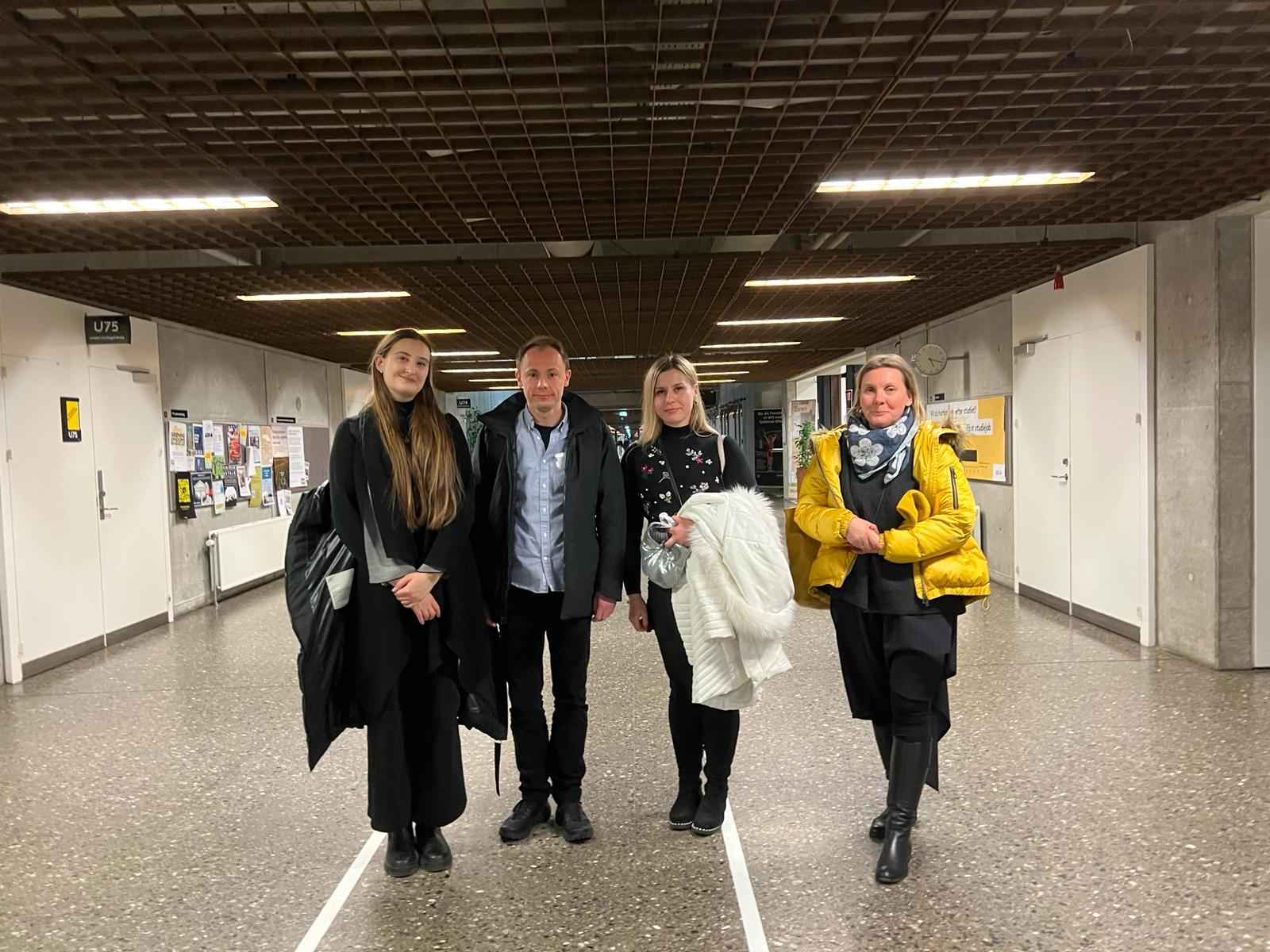
photo: Morten Karlsen Glensholm
UWr in the EXPECT_Art project
The aim of the EXPloring and Educating Cultural Literacy Through Art (EXPECT_Art) project is to explain how art and culture in schools and the local community can be used to identify and develop cultural understanding in a decolonial perspective. This will be particularly relevant for marginalised groups in Europe and will motivate them to express their culture in a variety of forms. The project involves staff from the Faculty of Law, Administration and Economics at the University of Wrocław!
The overall aim of the EXPECT_art project is to identify current barriers and potentials for promoting critical cultural literacy through art education, education through art and the use of art in education in different educational contexts in Europe, in order to generate and activate knowledge on how to improve cultural literacy and cultural understanding among European Union citizens.
Project objectives include:
1. identifying existing resources and barriers to critical cultural literacy in arts education, education through the arts and the use of the arts in education at national and local levels through secondary data analysis and exploring existing practices through fieldwork.
2. investigating the impacts and potentials of decolonising arts education, education through the arts and the use of the arts in education to promote critical cultural literacy, by conducting in-depth case studies of schools and communities in six countries, using critical ethnography and community-based research in Arts Explorations.
3. developing and disseminating interventions and workshop formats for improving critical cultural literacy through formal and informal arts education.
EXPECT_Art uses an approach to cultural fitness that is informed by critical pedagogy and decolonial theory. It is developed through a community-based research project, including arts-based methodologies, involving children, teachers and citizens directly as research participants. The project will be implemented through field research in 12 schools and communities in Denmark, Germany, Hungary, Poland, Slovenia and Spain and will involve research institutions and cultural and creative industry partners in each country.
In critical cultural literacy, reading skills are not about how individuals acquire specific skills, but rather should be seen as a set of practices embedded in specific contexts and linked to power relations. In general, the promotion of critical cultural literacy is a process that takes place in embedded social interactions. Furthermore, it has the potential to involve multiple patterns of meanings and expressions.
List of partners:
· University of Southern Denmark, Denmark
· Professionshøjskolen Absalon
· Scientific and Research Centre Koper, Slovenia
· University of Barcelona, Spain
· RPTU Kaiserslautern-Landau, Germany
· University of Wrocław, Poland
· Centre for Social Sciences, Hungary
· Portrait (association supporting the development of creativity and potential), Slovenia
· Experimentem (space for art education and contemporary creation), Spain
· Kinemathek Karlsruhe, Germany
· Wrocław Institute of Culture, Poland
· InSite (organisation for theatre and drama in education), Hungary
On the part of the University of Wrocław, the project involves:
dr hab. Profesor Magdalena Tabernacka, prof. UWr,
dr Karolina Kulińska-Jachowska,
mgr Anna Knauber,
mgr Bartłomiej Jaworski,
mgr Klaudia Kaptur.



